AICET welcomed a delegation from Malaysia’s Ministry of Higher Education (MOHE) on Thursday, 30 October 2025, as part of the Lee Kuan Yew School of Public Policy’s Executive Programme titled “AI, Ethics and Governance for Leaders.” The visit offered the delegation first-hand exposure to innovative practices in educational technology and showcased how AI-driven solutions are being developed and deployed to address real needs across the education sector.
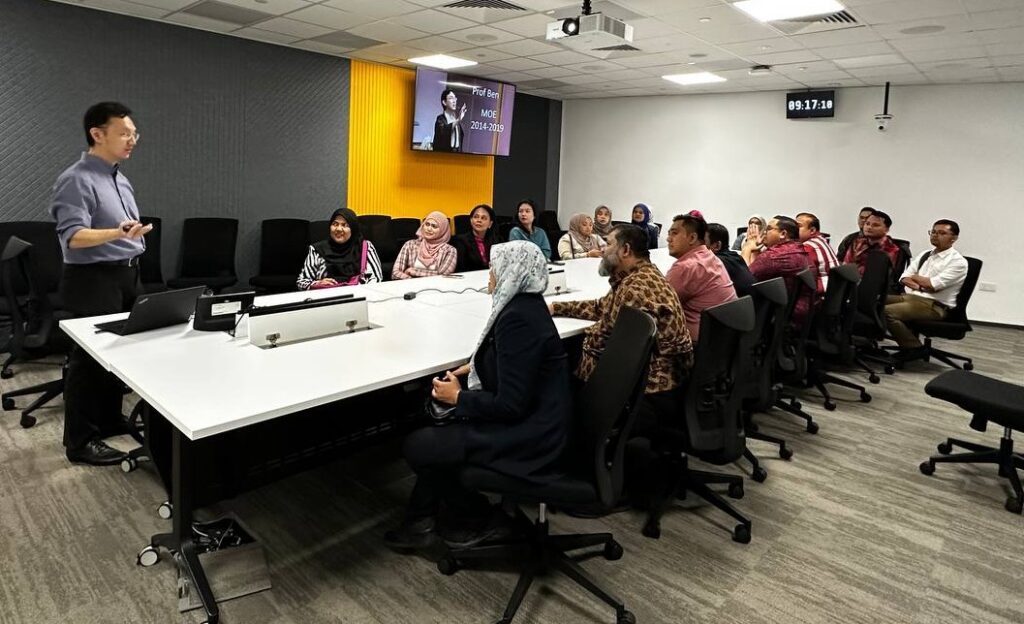
Led by MOHE’s Principal Assistant Directors—Ms Norhayati Binti Ali@ Basir, Mr Muhammad Nasir Bin Mustafa and Ms Balkis Binti Basiron—the delegation comprised 20 officers from the Department of Higher Education. The group included 12 members from the Management & Professional Group and 8 from the Support Group, reflecting a broad spectrum of roles and responsibilities across Malaysia’s higher education administration.
The visit hosted by Prof Ben Leong, director of AI Centre of Educational Technologies, centered on AICET’s initiatives, projects, and demonstrable impact on the educational landscape. Through structured briefings and discussions, the centre presented a portfolio of in-house developments that leverage artificial intelligence to improve processes, enhance teaching and learning experiences, and inform decision-making. Participants were able to see how AICET’s project pipeline is sourced through regular campus-wide calls for proposals, which are held every six months, ensuring that solutions are aligned with actual operational and pedagogical challenges faced by faculties and departments.
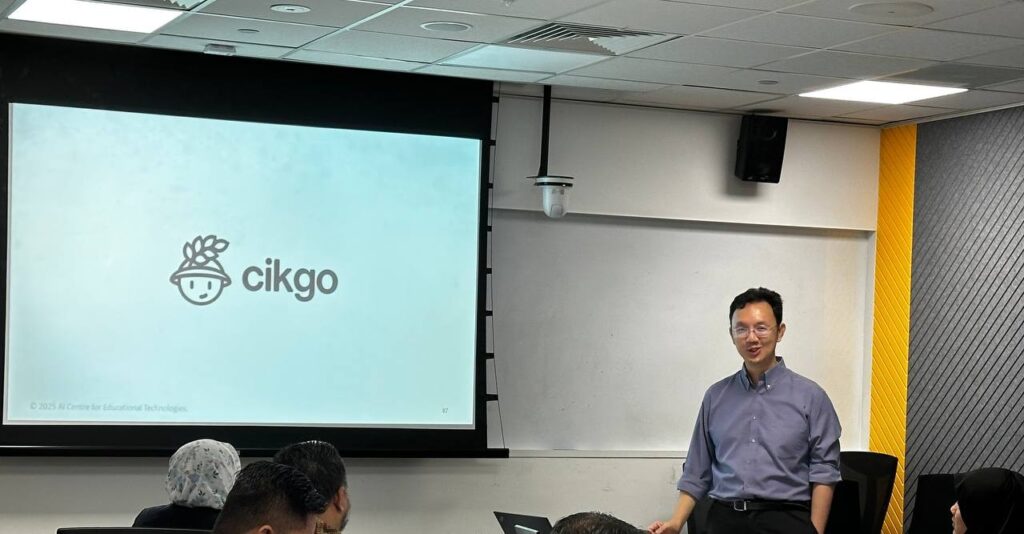
A highlight of the programme was a sharing session by Prof Ben who drew on his experience from a stint with Singapore’s Ministry of Education. Prof Ben spoke to the pain points commonly encountered in education systems and the importance of designing technology with frontline realities in mind. He illustrated how the project ScholAistic addresses specific concerns raised by practitioners, and discussed its applicability to “Conflict Management”—underscoring how thoughtfully designed tools can support sensitive, human-centered processes in schools and institutions.
The tone of the morning’s presentation was light and heartwarming, with participants gaining insights into how AI can be responsibly applied to meet the evolving needs of higher education. Demonstrations highlighted tangible cases where AICET’s solutions have been implemented to meet requests submitted through the centre’s request-for-proposal mechanism. The emphasis on building capabilities and delivering outcomes entirely in-house resonated strongly with the delegation, offering a model of sustainable innovation that prioritizes institutional ownership, agility, and accountability.
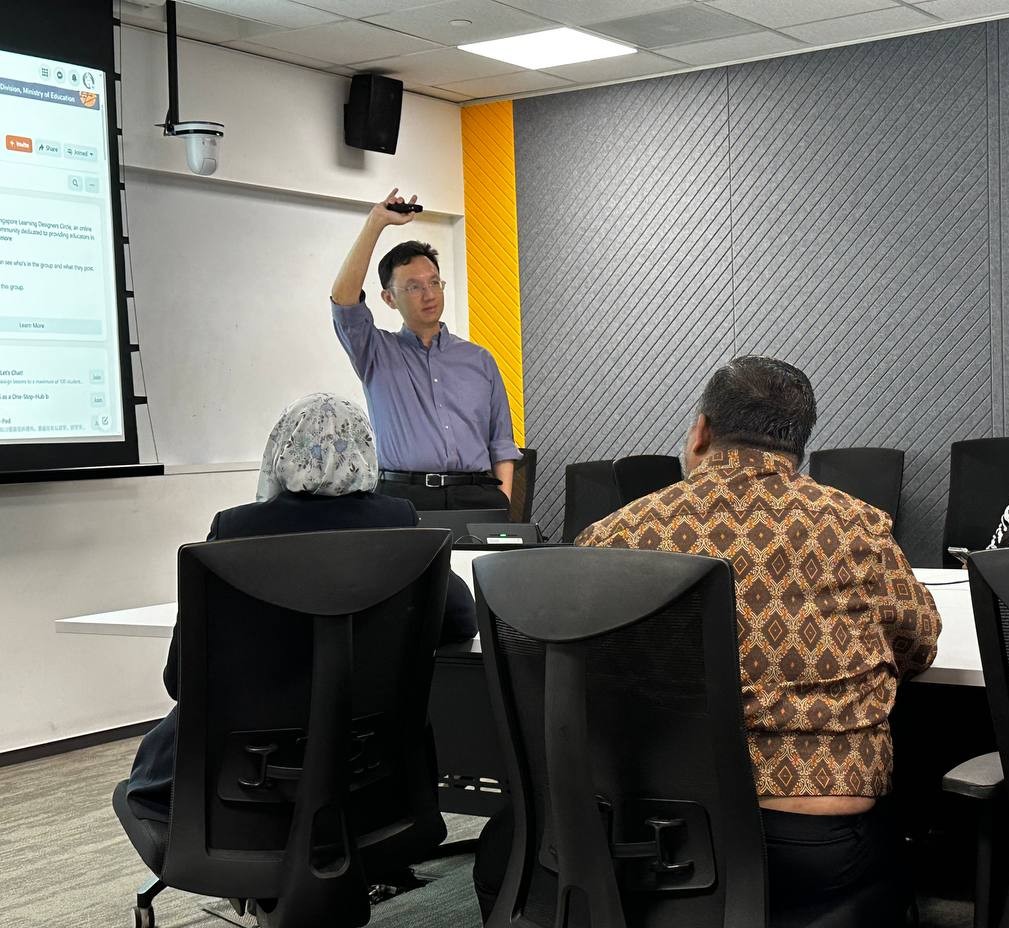
As the visit concluded, participants expressed their appreciation for AICET’s commitment, achievements, and the clarity of its approach to AI in education. The session provided valuable perspective on how governance, ethics, and technology can be integrated to serve educational objectives, and how regular engagement with campus stakeholders—through structured cycles of proposals and iterative development—ensures relevance and impact.
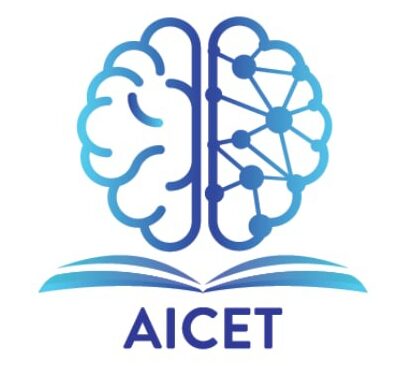
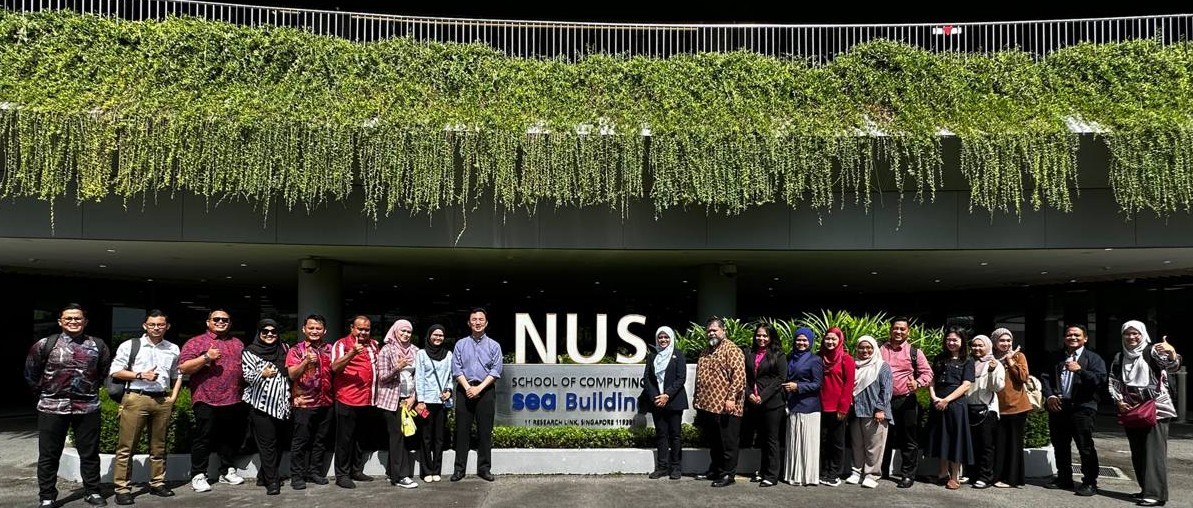
Leave a Reply